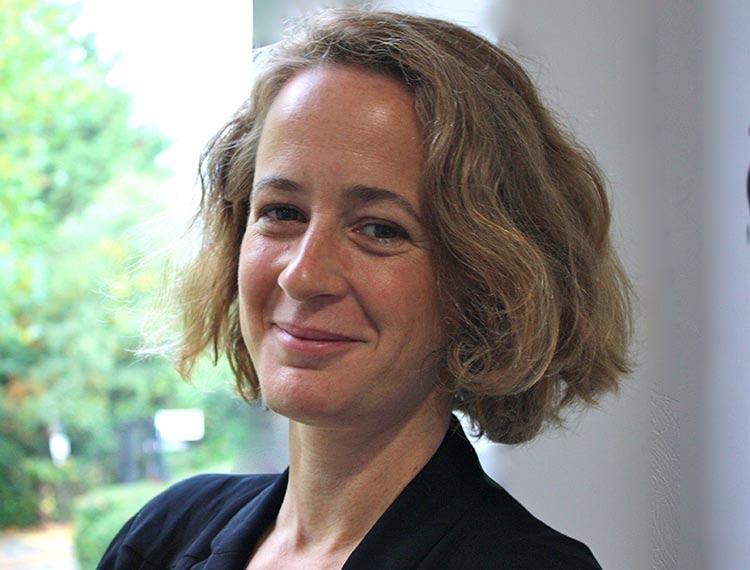New report shows universities are failing to address vital issues of race equality in arts and humanities research

Existing practices and funding regimes exacerbate the structural inequalities faced by black and minority ethnic (BME) groups, a new report has found. The finding comes from a ground-breaking two-year Common Cause Research collaboration which explored how universities and BME communities* work together.
The report ‘Building research collaborations between universities and black and minority ethnic communities’, launched today [Thursday 20 September], reflects on the lessons of 19 in depth case studies and a series of workshops run across the UK in 2017. It proposes that whilst it is potentially beneficial that universities increasingly form partnerships with community and arts organisations, they currently risk harming the BME organisations they collaborate with because partnerships replicate existing inequalities, lack diversity and fail to operate in a sustainable manner.
Keri Facer, Professor of Educational and Social Futures in the School of Education at the University of Bristol and Leadership Fellow for the AHRC/RCUK Connected Communities Programme, said: “The arts and humanities are vital to understanding our society. They shape a society’s sense of past, present and its future. It is important that arts and humanities research reflects the rich contribution made through the varied interests, histories, cultures and experiences of all in society. However, this research does not yet embrace the full diversity.”
Dr Omar Khan, Director of the Runnymede Trust, added: “Academic research is only as good as the information that goes in, which is why this Common Cause project is so important. We are delighted to support this innovative project to connect the black and minority ethnic community experience with universities. Our half century of research into race equality has shown not just how wide the gaps are but how much more attention these issues need and deserve.”
The project, a collaboration between the Universities of Bristol and Liverpool, the Centre for Research in Race and Rights at the University of Nottingham, the Runnymede Trust and Xtend also recommends ten Fairtrade Research Principles that universities and research funders urgently need to adopt to address the power imbalance in partnerships.
The report will be launched at an event in London on 20 September, which will bring together higher education policy makers and funders with Black and Ethnic Minority arts professionals, academics and community organisations. Professor Andrew Thompson, Dr Alison Wall and Dr Karen Salt will offer a response to the report’s recommendations.
Lord Victor Adebowale, a member of the Common Cause Advisory Board, said in his foreword to the report: “If we see universities as places that create futures through their research, teaching and development of leaders, thinkers and policy makers in every area of human endeavour, then this report is pretty essential reading.”
The recommendations of this research point to a pressing need for the higher education sector to address structural race inequalities in research against a backdrop of other campaigns to decolonise the curriculum, lower the attainment gap between BME students and their peers and recruit more representative and diverse staff.
The Common Cause project developed from the University of Bristol/Arts and Humanities Research Council Creating Living Knowledge Report, which identified the need to actively foster university and black and minority ethnic community collaborations as a key recommendation. The project is funded by the Arts and Humanities Research Council, as part of the Connected Communities Programme and supported by the Arts Council.











Responses